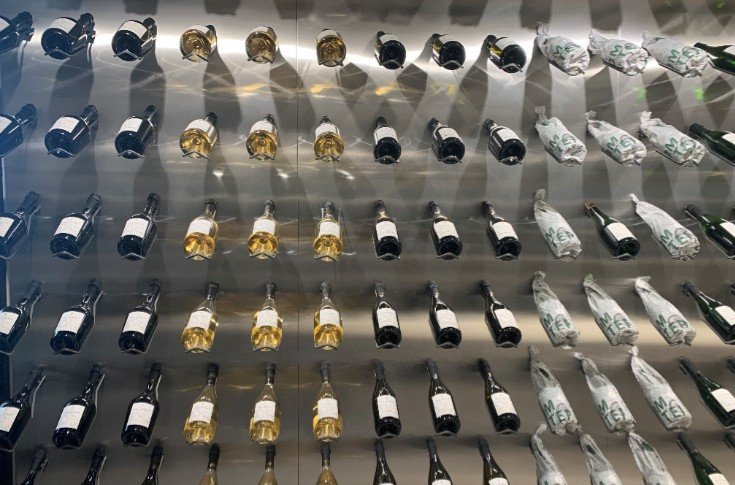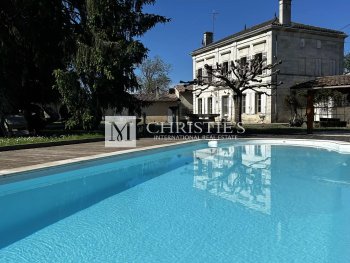Champagne’s environmental packaging revolution

n Champagne, packaging has become a serious issue. The industry has responded quickly with more ecological, pared-down or recyclable solutions, or sometimes nothing at all, in an era when environmental expectations are increasingly strong, leaving it with no choice. In the past, during the run-up to the festive season, the race would be on to see who could come up with the most show-stopping packaging (often the most kitsch). Now, exemplary conduct and simplicity seem to have prevailed.
The driving force is sociological change, incessant attacks on a non-environmentally-friendly industry and a roadmap aiming to achieve net zero carbon by 2050, which was reiterated at the last Champagne winegrowers' AGM on 8 December 2022. In addition to the bottle itself, which has been lightened from 900 to 835 grams per bottle (i.e. a 20% reduction in carbon footprint), the packaging and gift boxes are also being questioned by the Champagne wine industry for their responsibility in increasing the carbon footprint of Champagne production.
The houses, followed by the winegrowers and co-operatives, are rolling out initiatives. Leading the way is Ruinart with its ‘second skin’ gift pack, thus named for its ability to perfectly follow the curves of the bottle. It is 100% paper, 100% recyclable, sustainable, nine times lighter than previous gift packs and, according to Champagne’s oldest house, reduces carbon footprint by 60%. Launched in 2020, after work by an extensive R&D team and considerable funding of around 1 million euros, the multi-award-winning innovation has been applied to the entire Ruinart range.
Since then, many houses have followed suit. A case in point is the Palmer co-operative in Reims, whose prestige ‘Amazone’ label now sports a ‘FibreForm’ case with malleable paper that is less resource-consuming than plastic to produce, can be recycled and composted industrially, and above all reduces the weight of the packaging by 27% (including the bottle). Others, such as Telmont, part of the RĂ©my Cointreau group, have decided to do away with packaging altogether, and now release their bottles in simple tissue paper.






